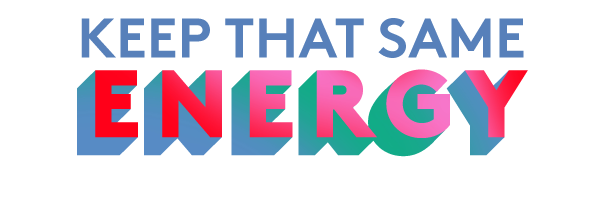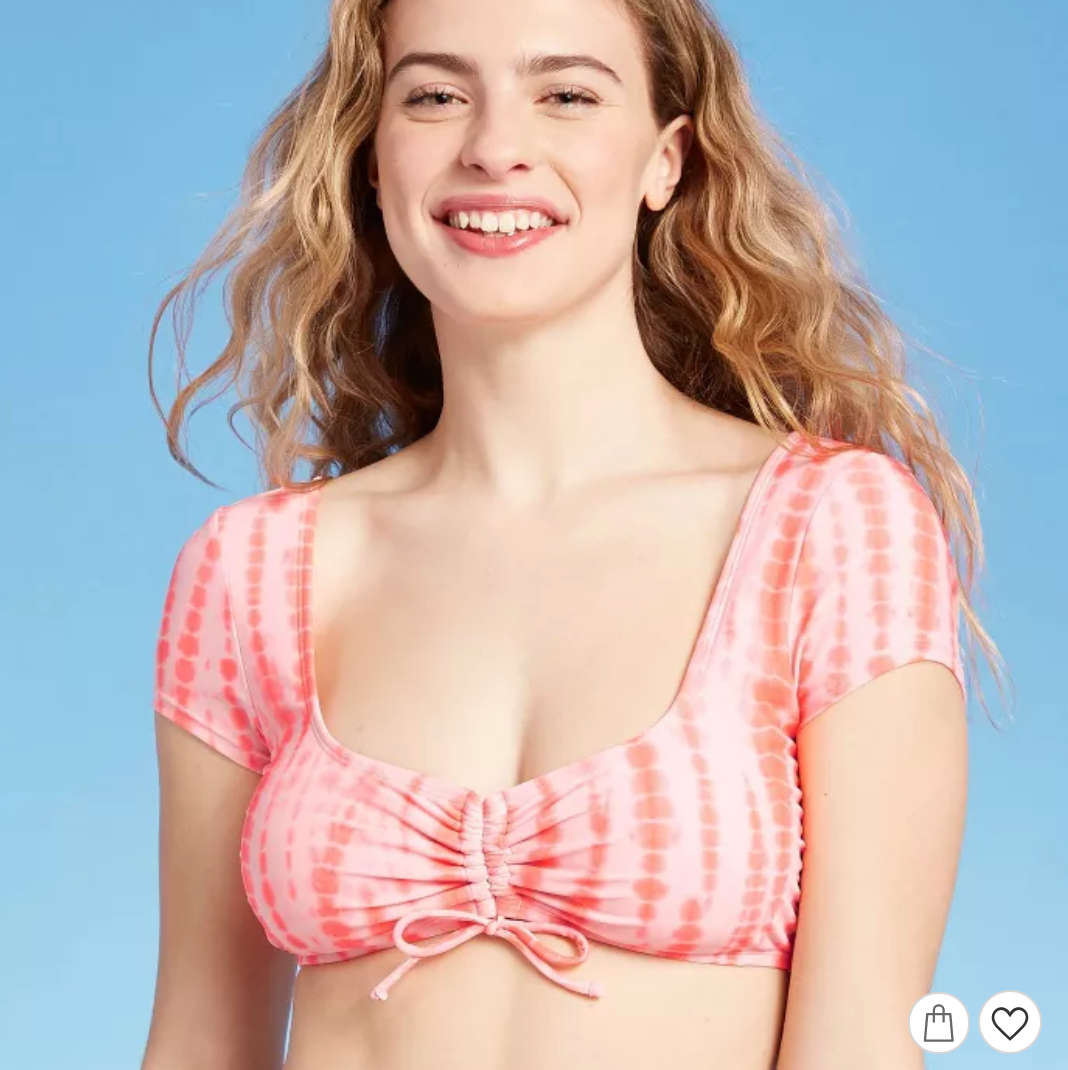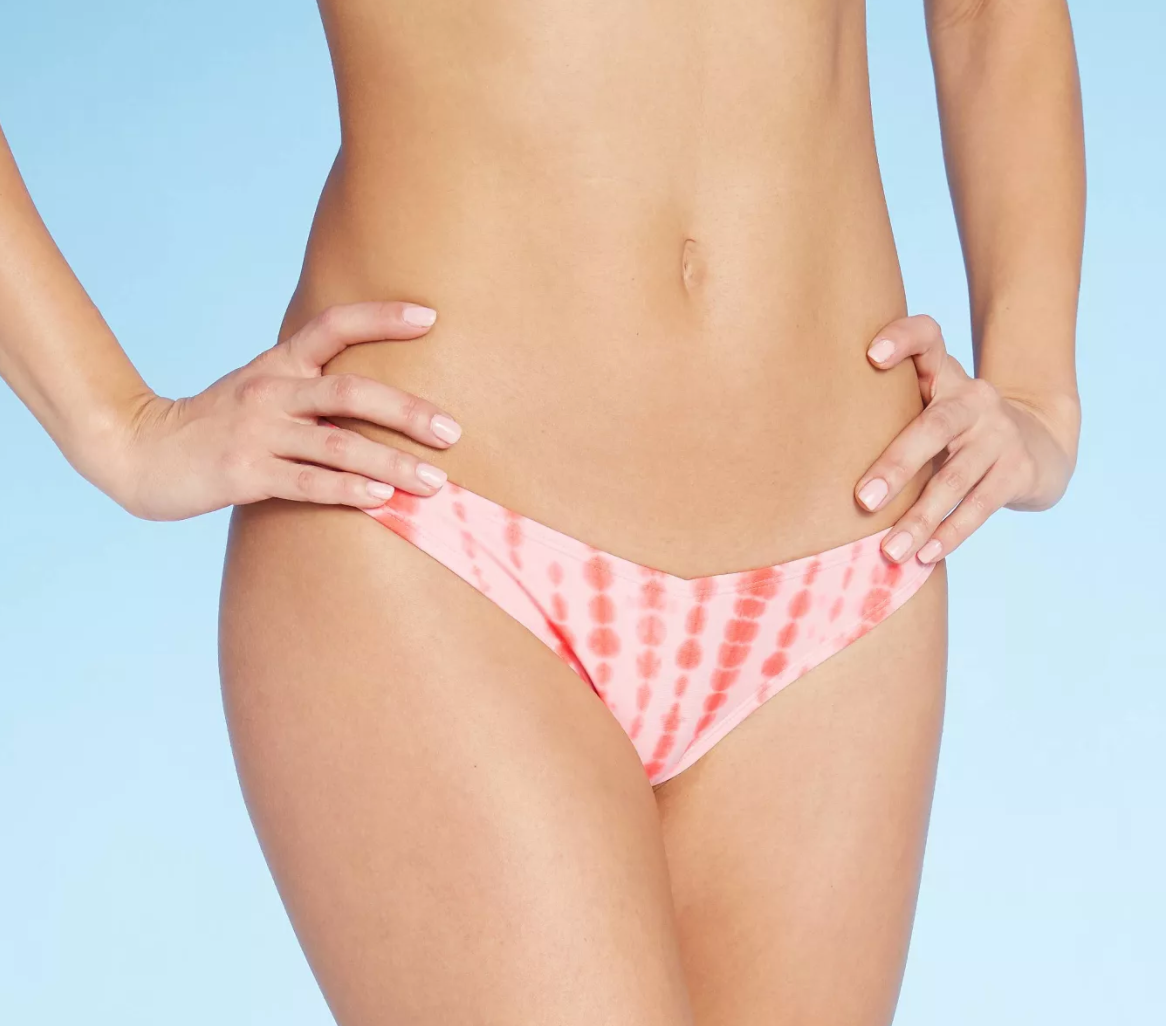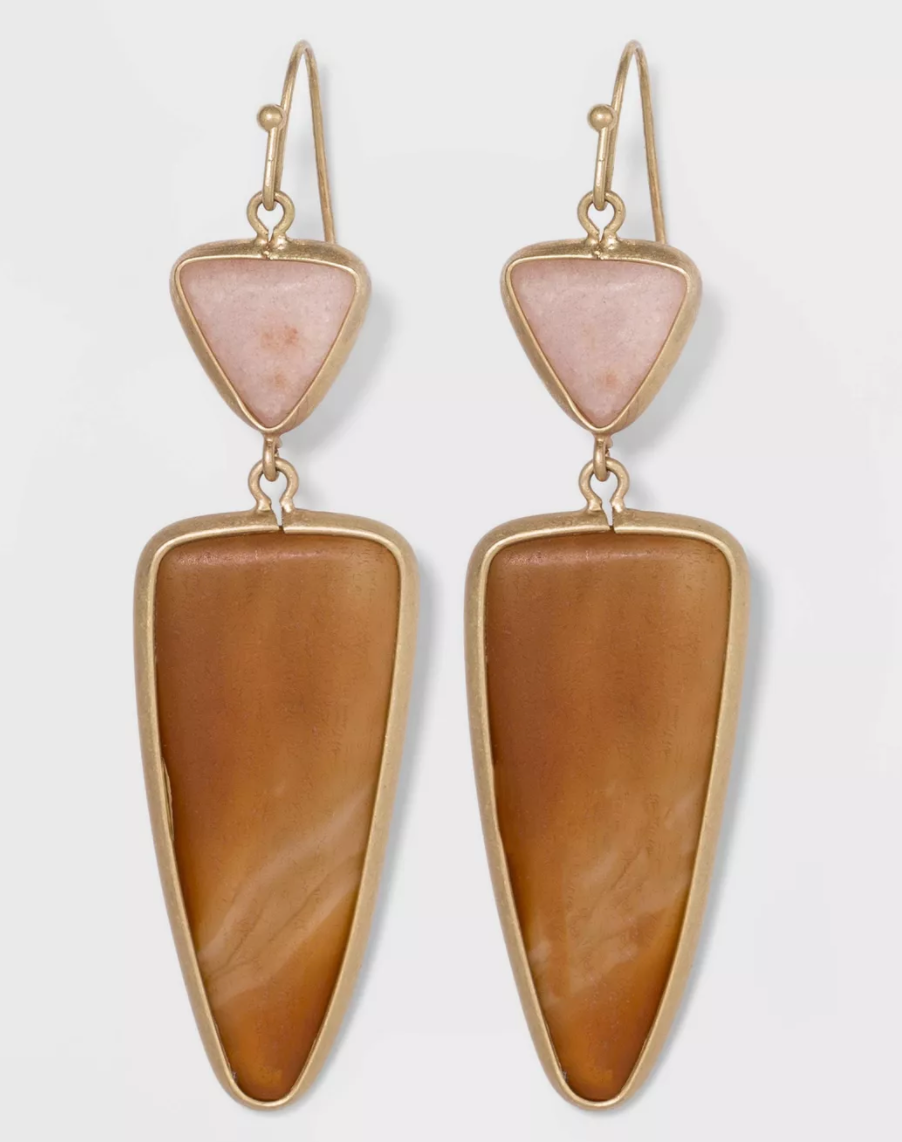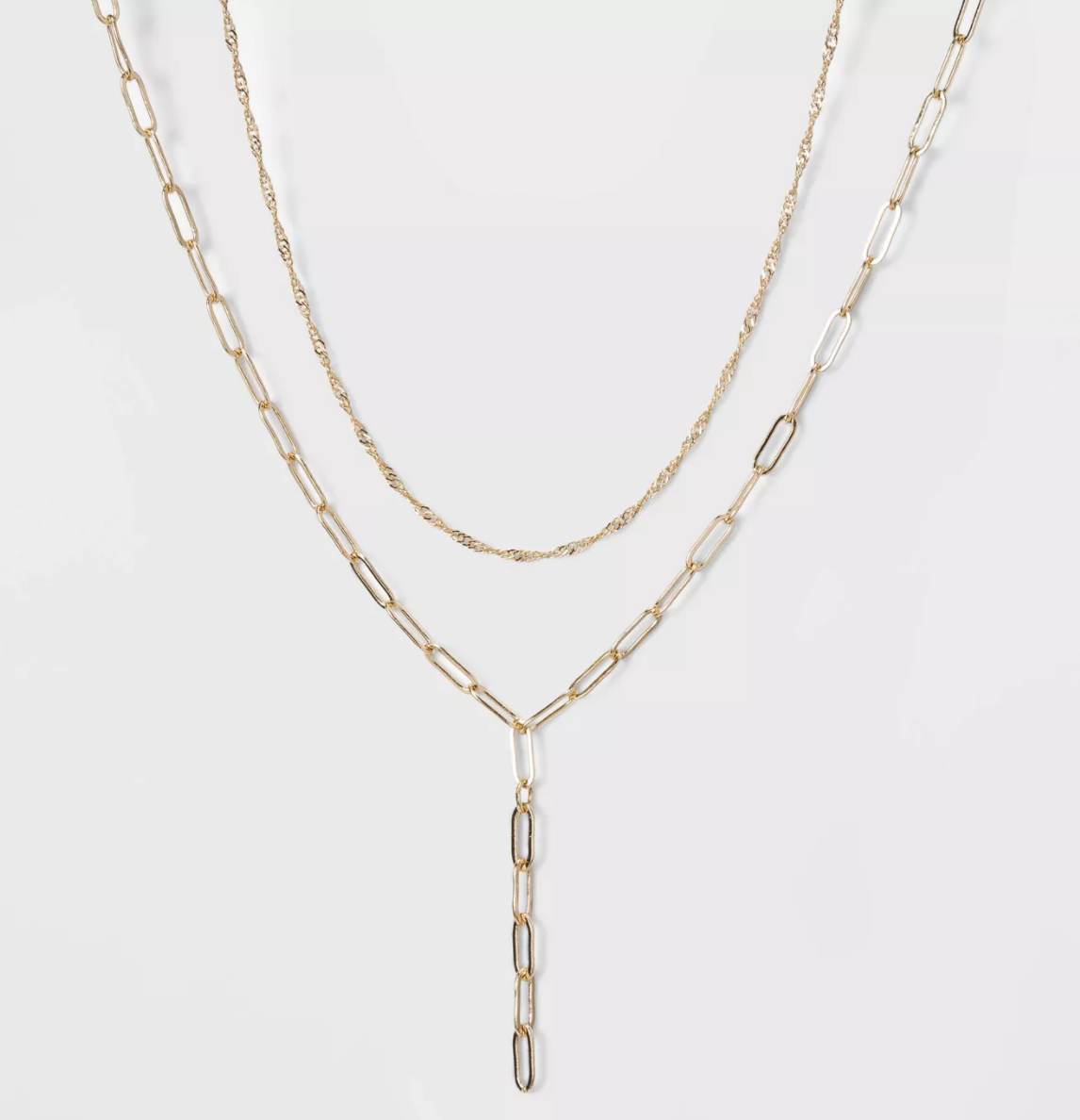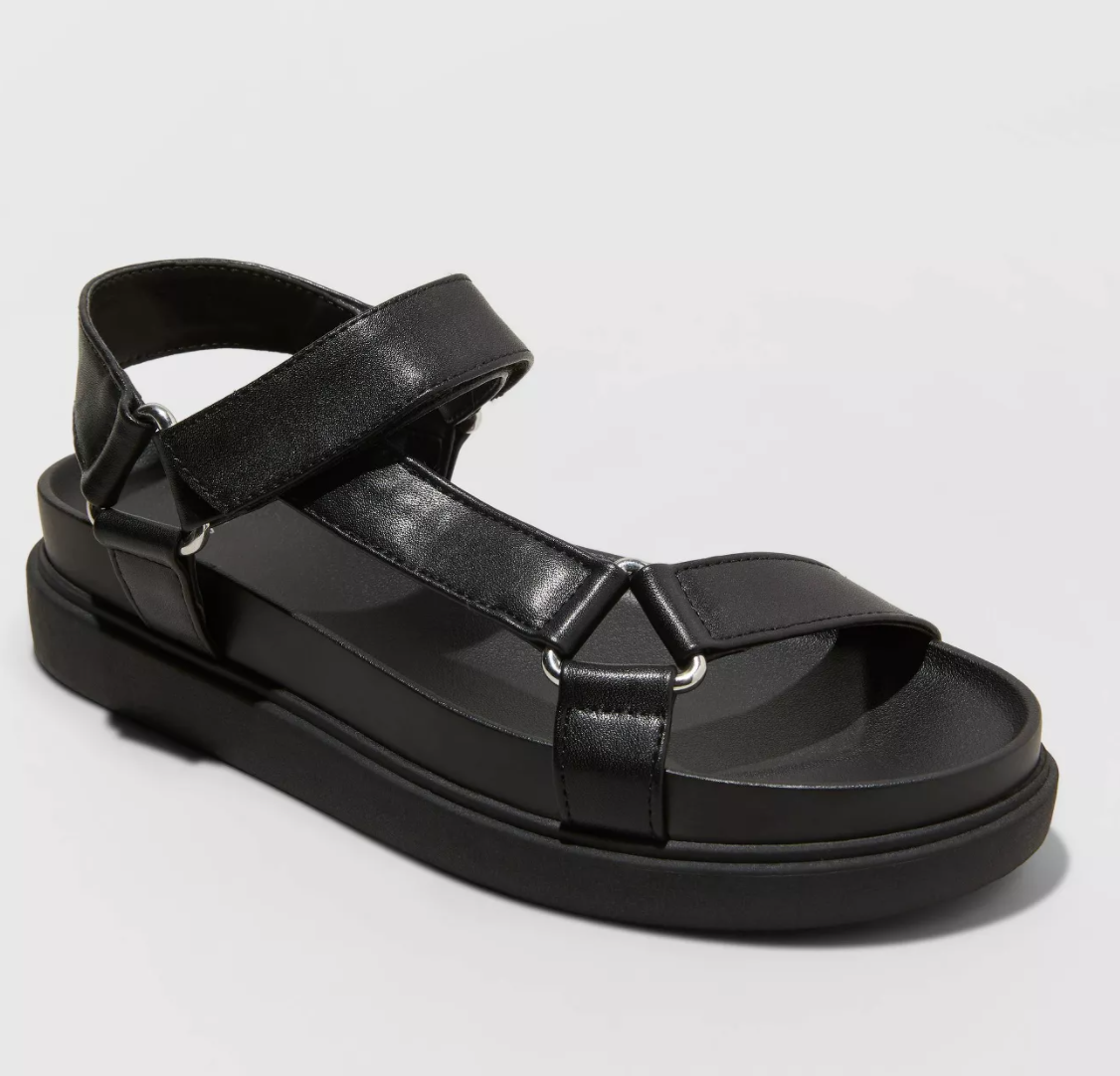This Woman Is Shattering An Age-Old Stereotype About Black People & The Water
There’s no question about it: We’re living in unprecedented times, and change is (finally) happening on all fronts — locally, nationally, and globally. This season, Unbothered and Target are proud to partner on a platform to keep that momentum going by sharing the stories of Black women who are reclaiming joy, defying stereotypes, and proving that summer is definitively not canceled.
Noelle Singleton is well aware of the stereotype: Black people don’t swim. It’s a joke shared, often among Black people, when we sit, legs dangling over the edge of the pool, not wanting to get our hair wet. But for the 32-year-old swim coach, aquatic healer, and founder of AfroSwimmers, a swim movement that offers lessons and aquatic wellness services for people of color, the stereotype is not only not true, it’s also not funny — because swimming saved her life.
AdvertisementADVERTISEMENT
From a young age, water consumed Singleton’s world. As a child, she swam competitively. In high school, she was the captain of her swim team. And in college at Georgia Southern University, she was a water safety instructor, teaching lessons to faculty, students, and members of the ROTC. But the everyday humdrum of post-grad adult life ended up pulling her away from her childhood passion.
And then, when she was 26 years old, Singleton was diagnosed with a degenerative disc disease that caused massive loss of the tissue in her spine and — as a result — severe, crippling pain.
Christian O’Brien
“I went from being completely healthy to not being able to carry a gallon of milk,” she says. “It was catastrophic. I had to change my entire lifestyle over the course of about three months. It was a very dark and confusing time.”
For two years, Singleton battled physical agony. Even simple tasks like sitting in a chair for two hours for work proved to be excruciating, leaving her temporarily paralyzed. She sought an orthopedic surgeon for minor treatments and procedures, including spinal epidurals and cervical traction — but nothing worked. So for her 28th birthday, in 2015, she made the decision to undergo spinal surgery and eventually made a full recovery with the help of physical therapy. Noticing that some of the recommended PT movements mirrored exercises she had performed in the pool, Singleton realized it was only natural that she should try swimming — her first great passion — to help her on her path to fully healing.
AdvertisementADVERTISEMENT
“I started swimming again for myself and doing my own rehab — as long as I was in the pool, the buoyancy relief lifted the pressure off of my mind and my joints,” she says. “Swimming has so many healing benefits: Studies have shown that aquatic exercise and therapy can help lower your blood pressure, slow the progression of Alzheimer’s, correct your posture, and calm attention deficit disorders.”
LaJoya Smith
The experience turned into a lightbulb moment she used to spark AfroSwimmers. Not long after returning to the water, she quit her corporate job. With no clear business plan, she began teaching swim lessons at a private pool in Conyers, GA, and word spread. The drowning rates among Black people, which are disproportionately higher than those of white people, further motivated Singleton to combat preventable deaths in her community through aquatic services. AfroSwimmers began with these local classes, but after promoting awareness around these staggering statistics on her personal social media, creating an online presence for AfroSwimmers — the first group, she found, that not only provided swimming education but also unified Black swimmers across the country — and using her journey to prove that swimming is a form of wellness, Singleton amassed support and a loyal following within two years.
By 2017, AfroSwimmers became a full-fledged business, complete with a facility in Atlanta where programs — including competitive coaching, aquatic therapy, and private swimming lessons — are offered to help break down barriers between the Black community and swimming.
AdvertisementADVERTISEMENT
Christian O’Brien, a friend who supported Singleton as she created the swim movement, champions AfroSwimmers as world-changing work. “This movement isn’t just about showing that Black people can swim,” she says. “It’s about spotlighting yet another overlooked area in our community — which also means missed opportunities for scholarships and accolades — that would have otherwise prevented unnecessary deaths by drowning. AfroSwimmers means another door opened for people of color.”
Tarrah Smith
Singleton is also quick to shatter myths and misconceptions that swimming is bad for Black hair and skin, using her own personal experience. “‘Dry’ and ‘unhealthy’ are two words that have never been associated with my hair since I've been coaching, and I'm in the water five, six days a week,” she says of her large, flourishing afro. “And I used to have acne and now my skin complexion is so clear.”
A college friend of Singleton and fellow AfroSwimmer Tarrah Smith echoes the same thought: “Growing up as a woman of color, I remember wanting to swim, but keeping my hairstyle intact stopped me from having those experiences. I’m glad that people are being informed, encouraged, and enlightened by the AfroSwimmers platform, and I never want another child of color to miss out because they are afraid of the water [or] their hair health.”
Though the Atlanta metropolitan area is the core hub of AfroSwimmers, Singleton has partners with several organizations around the globe to extend its reach. She developed the Learn To Swim initiative, now operated primarily by Empowered Swimming, Inc., to help reduce the drowning rate in marginalized communities. In addition to that, she has taught water safety, hair, and skin-care classes at Fish ‘N Fins in Montserrat — her first global outreach. This year, she was honored with the 2020 Community Lifesaver Award by the National Drowning Prevention Alliance.
AdvertisementADVERTISEMENT
“There’s no way I can save everyone from drowning,” she says. “You have to build a community to save a community. And once you have that community, you can save, systematically, one person at a time.”
Melissa Brown
While the world was on pause, AfroSwimmers temporarily closed its facility. In a heartfelt letter to her swimmers, Singleton wrote to remind them about their love for swimming and how to find peace outside of the water. But what hit her the hardest was watching the videos of police brutality that emerged and sent the country into a state of civil unrest. To cope, Singleton needed to find a place where she felt safe.
"I went hiking and felt safe among the trees and near the water," she says. "I can't control what happens to me in this life, but you better believe that I have full control over how I respond to it. I must stay focused on my goal to change the world, and I can’t do that unless I'm healthy spiritually, mentally, and emotionally."
And once restrictions lift and it’s completely safe to get back to work, Singleton plans to return to the water, open a new location in Seattle, and continue to promote the benefits of swimming within the Black community.
For LaJoya Smith, an AfroSwimmers swim coach and professional swimmer who is training to compete in 2021, the group has been a safe haven that’s liberated her, allowing her to, for the first time, truly be herself. “It’s a place where I can share my light with other swimmers,” she says. “More importantly, I can engage with swimmers who look like me and change the game on what swimming looks like.”
AdvertisementADVERTISEMENT
Melissa Brown, an AfroSwimmers member and competitive swimmer who is also training to compete in 2021, agrees: “Being a Black woman in swimming has always made me stand out — there are pros and cons to drawing that kind of attention, but AfroSwimmers makes me feel important in this sport.”
It’s these testimonies that drive Singleton to do all that she does. “Ever since I created AfroSwimmers, a new account pops up every week that promotes swimming among Black people, and it just makes me so proud,” she says. “I have clients from all backgrounds and ethnicities — white, Asian, Latinx — and that’s important because [encouraging Black people to swim] needs advocacy. I need people to support this movement. It can't just be about me.”
Shop Singleton's top picks from Target:
shop 5 products
AdvertisementADVERTISEMENT








